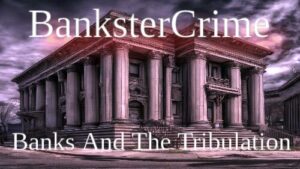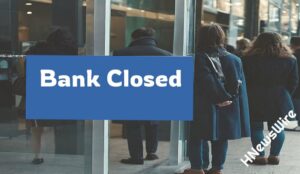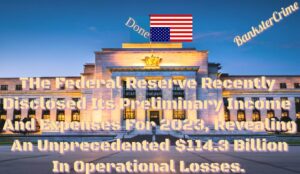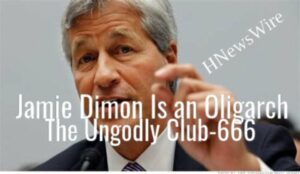Greed is a strong and selfish desire to have more of something, most often money or power. There are many warnings in the Bible about giving in to greed and longing for riches. Jesus warned, “Watch out! Be on your guard against all kinds of greed; a man’s life does not consist in the abundance of his possessions” (Luke 12:15). “Do not store up for yourselves treasures on earth, where moth and rust destroy and where thieves break in and steal… You cannot serve both God and money” (Matthew 6:19, 24b). Did Jesus pursue the acquisition of money? No. On the contrary, He became poor for our sake (2 Corinthians 8:9) and had “no place to lay his head” (Matthew 8:20). Neither did Jesus pursue power. Rather, He instructed, “Whoever wants to become great among you must be your servant, and whoever wants to be first must be slave of all. For even the Son of Man did not come to be served, but to serve, and to give his life as a ransom for many” (Mark 10:43–45).
Greed and a desire for riches are traps that bring ruin and destruction. “The love of money is a root of all kinds of evil,” and Christians are warned, “Do not put your trust in wealth” (see 1 Timothy 6:9-10, 17-18). Covetousness, or having an excessive or greedy desire for more, is idolatry. Ephesians 5:5 says, “For of this you can be sure: No immoral, impure or greedy person – such a man is an idolater – has any inheritance in the kingdom of Christ and of God.” The principle to remember is contained in Hebrews 13:5: “Keep your lives free from the love of money and be content with what you have, because God has said, ‘Never will I leave you; never will I forsake you.’”
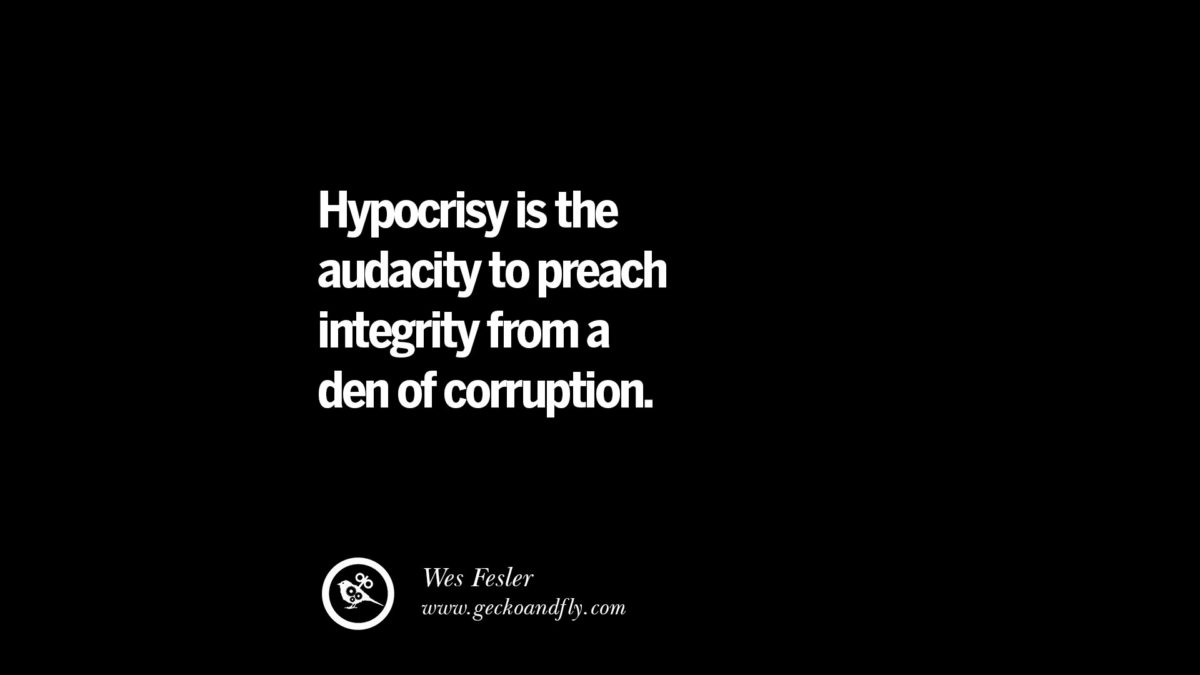
JPMorgan Chase is a Wall Street bank that has pleaded guilty to three felony counts in the past five years and lost at least $6.2 billion of its depositors’ money trading high-risk derivatives in London. And yet, somehow, the bank has a market capitalization (the value of all of its shares outstanding) that makes it among the most valuable companies in the Standard & Poor’s 500.
The serially fined and investigated bank, as of yesterday’s close, has a market value of $342.817 billion which is $110.8 billion more than Boeing – one of the most sophisticated engineering companies in the world, producing commercial jet airplanes, military aircraft, rockets and satellites for customers around the globe.
Looking at the bizarre situation with a wider lens, if you add up the market cap at yesterday’s market close of General Motors ($54.97 billion), GE ($90.199 billion), Ford ($33.454) and IBM ($124.977 billion), there’s still $39 billion left over before you reach JPMorgan Chase’s market cap. A commercial bank is not supposed to be more valuable than the industrial backbone of the country. It’s not supposed to be more profitable than the backbone either. And yet, somehow, JPMorgan’s net income for 2018 was $32.5 billion, more than three times that of Boeing.
Another way to look at this market distortion is that JPMorgan Chase is little more than a utility company – existing primarily to offer a public good like making prudent loans to sound businesses in order to create good-paying American jobs through business innovation, keep the nation globally competitive, and U.S. industry and the economy humming along.

Another Wall Street bank that now ranks among the most valuable companies in the S&P 500 is Bank of America, parent of retail stock brokerage firm Merrill Lynch, which teetered into the bank’s arms during the 2008 financial crash. As of yesterday’s close, Bank of America had a market cap of $277.509 billion.
Both JPMorgan Chase and Bank of America own and operate Dark Pools where they trade the shares of their own bank and shares of their peer banks. (See Wall Street Banks Are Trading in Their Own Company’s Stock: How Is This Legal?)
A dark pool is a private, unregulated trading venue that functions like a stock exchange by matching buyers with sellers – but it does so in the dark, without showing its bids and offers on stocks to the public. That has the potential for a great deal of price manipulation.
JPMorgan Chase and Bank of America also have this in common: they have spent tens of billions of dollars buying back their own stock over the past five years.
In July of 2017, Thomas Hoenig, then Vice Chair of the Federal Deposit Insurance Corporation (FDIC), sent a letter to the U.S. Senate Banking Committee. He made these points in his letter:
“[If] the 10 largest U.S. Bank Holding Companies [BHCs] were to retain a greater share of their earnings earmarked for dividends and share buybacks in 2017 they would be able to increase loans by more than $1 trillion, which is greater than 5 percent of annual U.S. GDP.
“Four of the 10 BHCs will distribute more than 100 percent of their current year’s earnings, which alone could support approximately $537 billion in new loans to Main Street.
“If share buybacks of $83 billion, representing 72 percent of total payouts for these 10 BHCs in 2017, were instead retained, they could, under current capital rules, increase small business loans by three quarters of a trillion dollars or mortgage loans by almost one and a half trillion dollars.”
According to statistics that Hoenig included with his letter, in just the year 2017 alone JPMorgan Chase bought back $19.6 billion of its own stock while Bank of America bought back $12 billion. Kiplinger’s reported on November 9 of last year that over the past five years, JPMorgan Chase has bought back $45.5 billion of its own shares, putting it among the top 7 companies with the largest buyback programs.
What exactly do share buybacks do for the corporation? According to an incisive reportlast year by Lenore Palladino, Senior Economist and Policy Counsel at the Roosevelt Institute, buybacks work like this:
“Open-market share repurchases, often known informally as ‘stock buybacks,’ occur when companies purchase back their own stock from shareholders on the open market. When a share of stock is bought back, the company reabsorbs that portion of its ownership that was previously distributed among other investors. This reduces the amount of outstanding shares in the market, resulting in an increase in the price per share. The logic is that of supply and demand: when there are fewer supplies available to purchase, then an upward demand will increase share prices. In essence, then, stock buybacks raise share prices artificially. The value of the stock goes up as a result of a stock buyback, but without making the kinds of changes that would improve the actual value of the company—through more efficient production, new products, or better customer experience…”
Artificial inflation of JPMorgan Chase’s share price through buybacks might explain why the stock market shrugged off three felony counts against a bank which, as of January 30 of this year according to the FDIC, had 5,142 branches in 28 states and was the nation’s largest bank with $2.2 trillion in assets and over $1.5 trillion in deposits.
The Roosevelt Institute’s Palladino has some additional thoughts on exactly who is benefiting from this market manipulation of share prices. She writes:
“One of the major problems with stock buybacks is that corporate executives often hold large amounts of stock themselves, and their compensation is often tied to an increase in the company’s earnings per share (EPS) metric. That gives executives a personal incentive to time buybacks so that they can profit off of a rising share price. Usually a majority of corporate executives’ pay is from ‘performance-based pay,’ which is either directly paid in stock or compensation based on rising EPS metrics (Larckar and Tayan). That means that the decision of whether and when to execute a stock buyback can affect his or her compensation by tens of millions of dollars. Despite these facts—that stocks constitute a substantial proportion of executives’ pay, and that stock buybacks provide a way for executives to raise their pay by millions of dollars—the rules that govern how the company authorizes stock buyback programs fail to account for this significant conflict of interest. The decision to authorize a new stock buyback program is made by the board of directors, including interested directors (those who hold significant shares of stock). The actual execution of buybacks is left to the executives and financial professionals inside the companies, with no board oversight as to the timing or amount of such buybacks, as long as the buybacks stay within the limit previously authorized. As long as directors are using their best ‘business judgment’ to authorize programs, there is no recourse to hold directors accountable for extremely high repurchase programs….”
As JPMorgan Chase paid out over $30 billion in fines for various market frauds and its three felony counts over the past five years, the Chairman and CEO Jamie Dimon was allowed by its lavishly paid Board to remain at the helm of the company and become a billionaire, according to Forbes, from his own lavish pay and stock compensation at the bank.
If all of this sounds like another epic failure of Congress and regulators to rein in the banks that collapsed the U.S. economy in 2008 and that it’s greasing the skids for the next financial train wreck, then you’re reading the tea leaves correctly.
Ten days ago, in an acknowledgement of how obscene the situation has become, Senator Bernie Sanders of Vermont and Senate Minority Leader Chuck Schumer of New York wrote an OpEd in the New York Times indicating that they plan to introduce legislation that would prohibit a company from buying back its own stock “unless it invests in workers and communities first, including things like paying all workers at least $15 an hour, providing seven days of paid sick leave, and offering decent pensions and more reliable health benefits.”
With Republicans in control of the Senate, that legislation stands a snowball’s chance in hell of passing.Source
It is the love of money, and not money itself, that is the problem. The love of money is a sin because it gets in the way of worshiping God. Jesus said it was very hard for rich people to enter the Kingdom of God. When the rich young ruler asked Jesus what he should do to inherit eternal life, Jesus told him to sell all his possessions and give the money to the poor. “When the young man heard this, he went away sad, because he had great wealth” (see Matthew 19:16-22). By instructing him to give up his money, Jesus pointed out the young man’s main problem: greed or a love of money. The man could not follow Christ because he was following money. His love of this world interfered with his love for God.
Greed refuses to be satisfied. More often than not, the more we get, the more we want. Material possessions will not protect us—in this life or eternally. Jesus’ parable of the rich fool in Luke 12:13–21 illustrates this point well. Again, money or wealth is not a problem. The problem is our attitude toward it. When we place our confidence in wealth or are consumed by an insatiable desire for more, we are failing to give God the glory and worship He deserves. We are to serve God, not waste our time trying to become rich (Proverbs 23:4). Our heart’s desire should be to store up riches in heaven and not worry about what we will eat or drink or wear. “But seek first [God’s] kingdom and his righteousness, and all these things will be given to you as well” (see Matthew 6:25-34).
StevieRay Hansen
Editor, Bankster Crime
MY MISSION IS NOT TO CONVINCE YOU, ONLY TO INFORM…
#Fraud #Banks #Money #Corruption #Bankers
![]()


